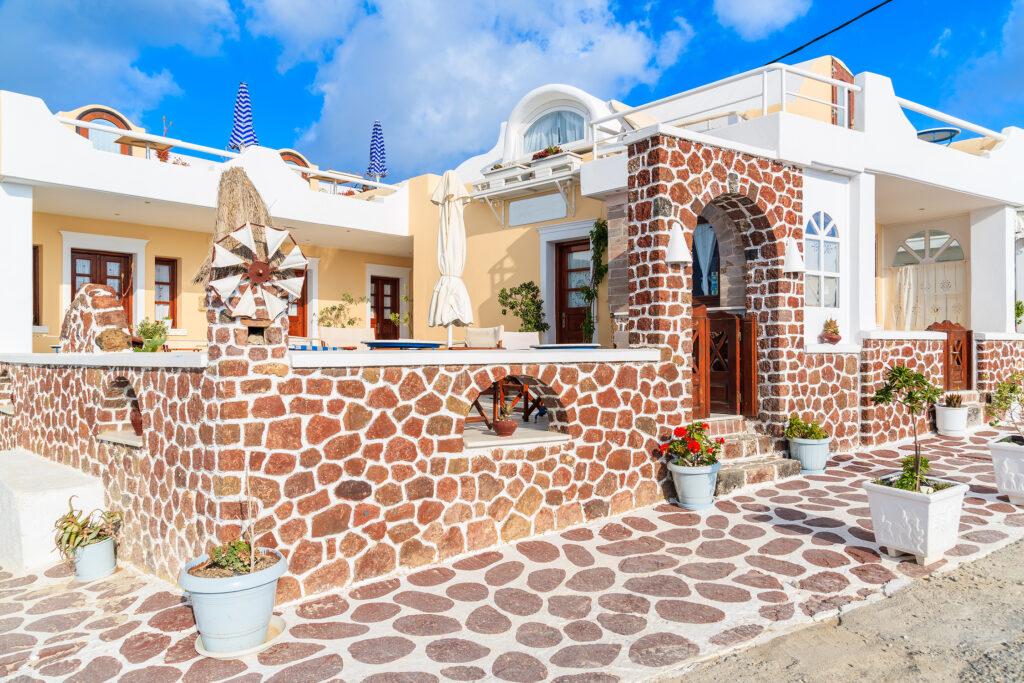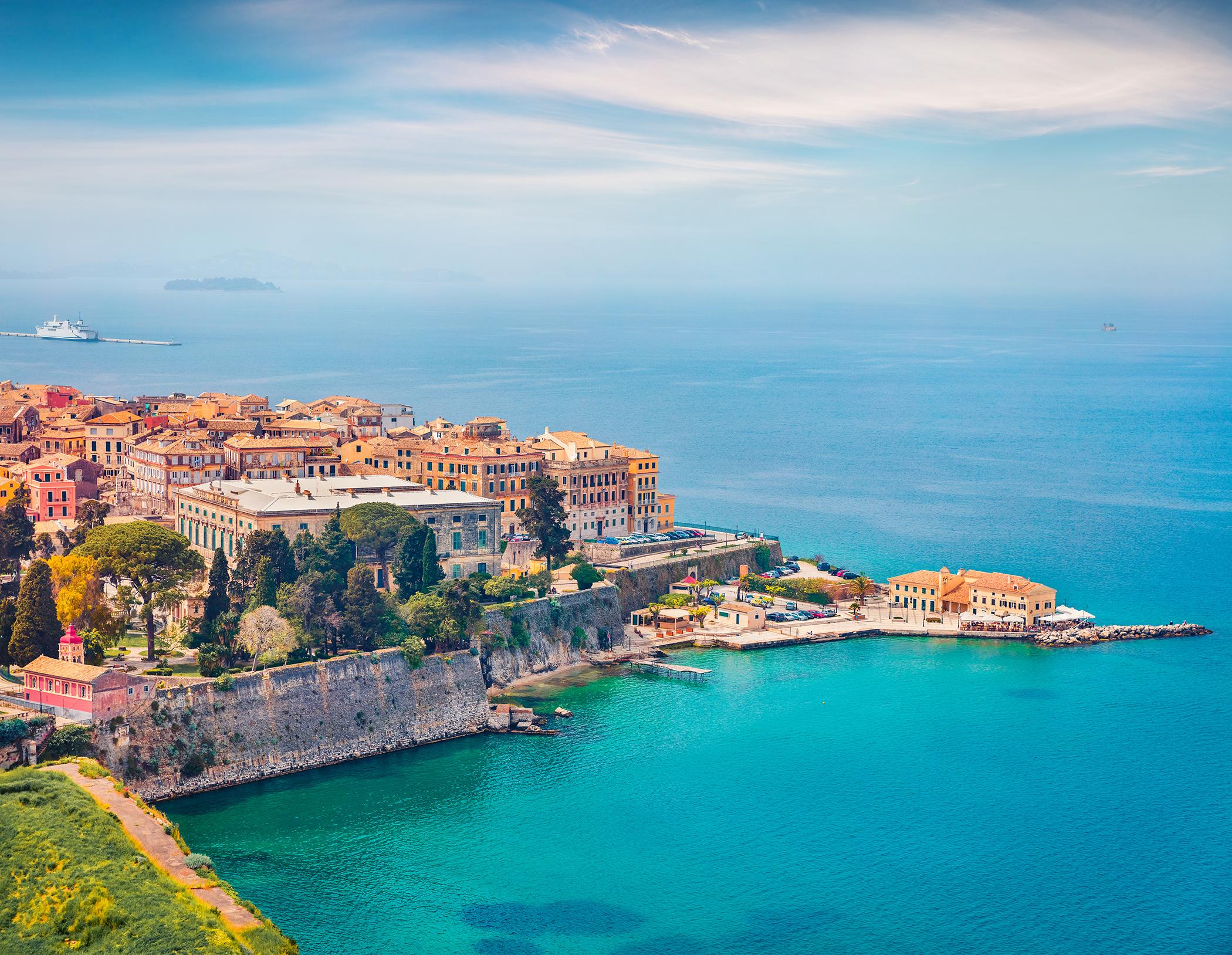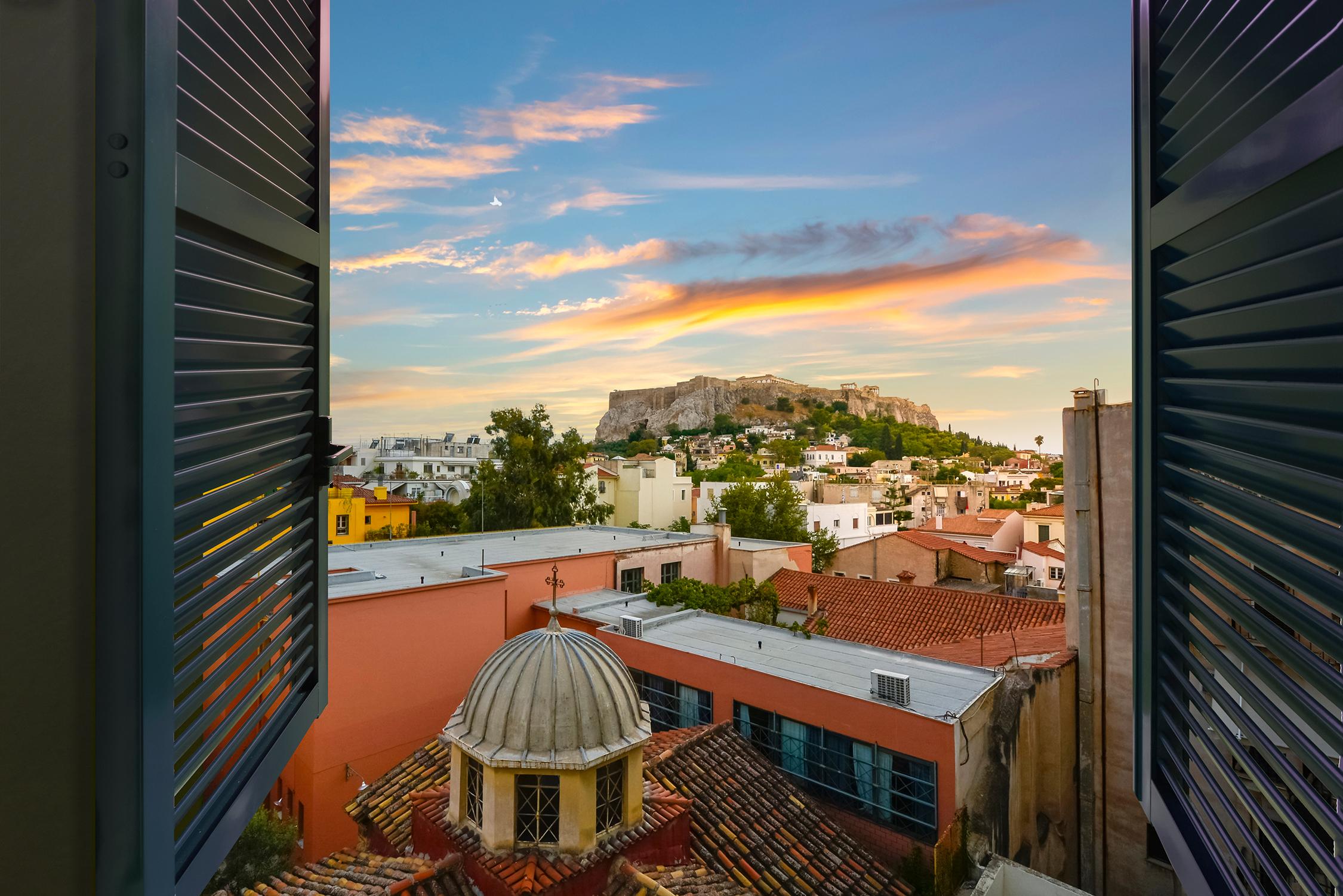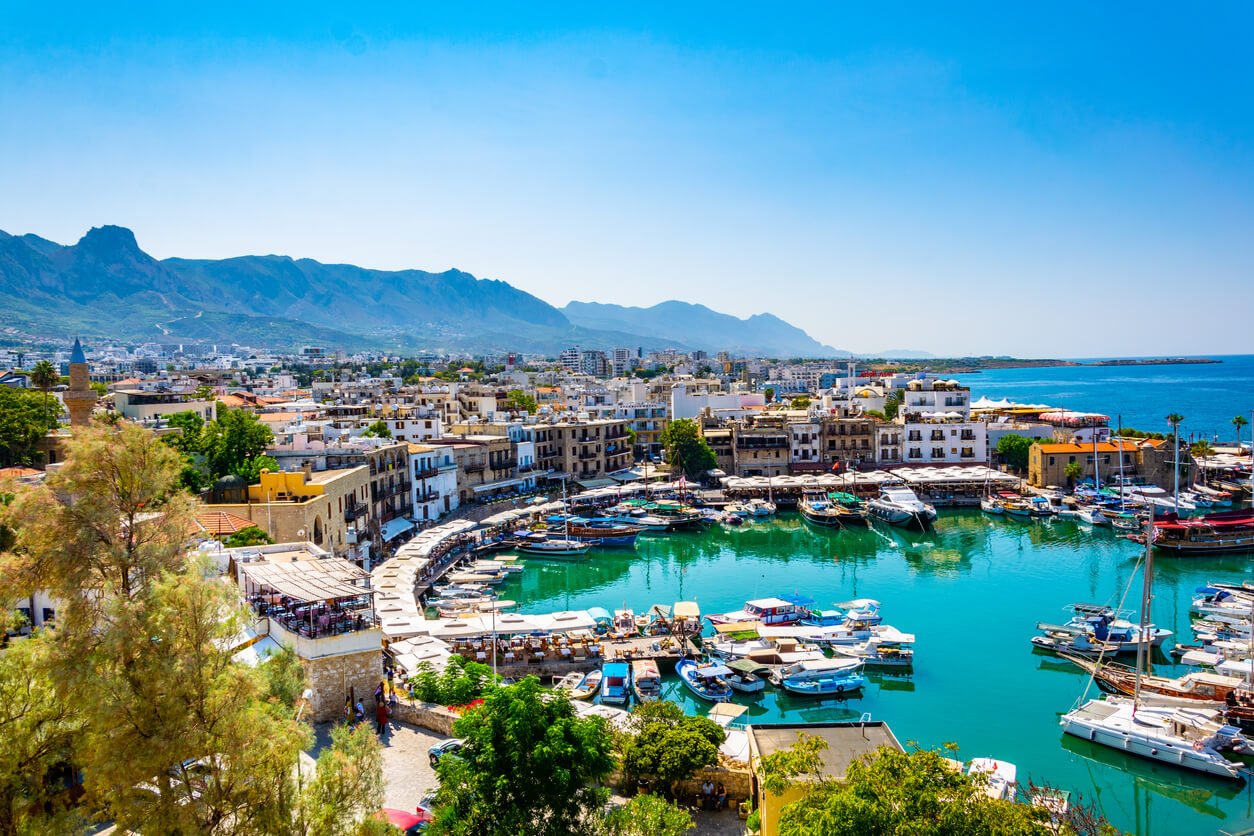
With its picture-postcard scenery, crystal clear sea and relaxed lifestyle, Greece is a popular tourist destination. Property in Greece is becoming increasingly attractive as an investment opportunity.
Combine these two factors and you’ve got the ideal scenario to offer seasonal rentals in Greece. If you want to buy a property to live in for part of the year and rent out to tourists for the rest, read on. We’ll tell you all about the regulations you need to follow to ensure your Greek property dream is successful.
The legalities of seasonal rentals in Greece
Tourist licence
There is a legal requirement which states that you must be granted a licence to run a seasonal rental property in Greece. Known as the EOT licence, this is issued by the Greek National Tourism Organisation (GNTO).
The following space requirements are necessary to apply for the EOT licence:
Studio apartment:
- A minimum of 40 m2 and a bathroom of at least 2.8 m2
- Standard apartment
- At least 2 rooms and a total minimum size of 60 m2
House:
- At least 4 rooms and a total minimum size of 90 m2
- All extra rooms must be a minimum of 15 m2
- In addition, a house must provide:
Furniture:
- at least 1 shower, a tiled bathroom to 1,200 m and toilets
- supply hot, running water
- a kitchen with at least 2 cooking rings, a fridge (with an oven for houses accommodating 4+ guests)
- at least one bedroom
- a kitchen with a cooker hood and a living room
- a bathroom of at least 2.8 m2 with a shaver point
- an extra toilet
- electric sockets in all rooms
- single beds of at least 1.2 m and double beds of 1.4 – 2.0 m
- internal stairs if more than 1 floor
- a room and facilities for disabled people if the house accommodates 10+ guests
Villa:
A villa is a luxury rental, often with a pool and garden and should have all the requirements for a house, plus:
- sleep a maximum of 10 guests
- living space of at least 100 m2
- all extra rooms must be a minimum of 25 m2
- 2+ bedrooms require 2 bathrooms or shower rooms
- a separate storage room
- laundry facility
- garage
- garden furniture
- telephone
- heating
- a colour TV and music player
You have to visit the local EOT office to apply for the licence. This can be a complicated procedure involving lots of paperwork and visiting various offices. If you don´t speak Greek you should employ an interpreter and/or a legal representative who understands the process.
The documents required depend on the location, but usually include:
- Your latest tax return and proof that tax payments are up-to-date
- Proof you do not have a criminal record
- A health certificate
- The application form
In addition, you will need documents specific to the property:
- A certificate stating that the plumbing and sewerage meets the legal requirements
- An architect’s survey confirming the property is suitable for rental
- A survey confirming the building meets local earthquake building regulations
- A fire safety certificate that confirms there are adequate fire exits, extinguishers and no fire hazards
- A copy of the building’s planning permission.
- Any official documents must be stamped and signed by an industry professional. An EOT inspector will then assess your property to verify it meets the required standards.
The application for the licence will cost approximately €100 and is renewable annually. In addition, you will have to pay for any extra costs such as the architect and interpreter.
Whilst all this may seem prohibitive, working your way through the process logically and being persistent will make it worth it when your licence is issued.

Taxes in Greece
If you offer seasonal rentals in Greece you will have to pay tax on the income you earn. The tax rate varies based on the total rental income:
| Income | Tax rate |
|---|---|
| Up to €12,000 | 15% |
| €12,000 to €23,000 | 35% |
| Over €35,000 | 45% |
Additionally, a new climate tax has been introduced, ranging from €0.50 to €10 per day, depending on the property type and size and the time of the year. This replaces the previous tourist tax. It is the property owner’s responsibility to collect this tax and pay it to the local council.
As of January 1, 2024, there is a 60-day limit per seasonal rental in Greece.
This means that one person cannot rent for more than 60 days. However, there’s still ambiguity about which regions this applies to. Until further clarification, it’s advisable to consider this limit as a potential future requirement.
Regional variations in regulations to rent out your property
Greece is a vast country comprising many different islands, and each has its own regulations. If in any doubt it is advisable to seek professional advice on seasonal rentals.
Some key considerations are:
- Local zoning laws – it’s important to be aware of the specific zoning regulations for your property. Some areas might have restrictions on seasonal or short-term rentals.
- Community associations – if your property is part of a homeowners’ association or complex there may be strict rules regarding rentals such as noise levels.
Popular tourist destinations
As Greece is so spread out we’ve put together some facts to consider if you are thinking about seasonal rentals in the most popular locations.
- Cyclades Islands (Mykonos, Santorini, Paros, Naxos) – Strong competition for tourist licenses due to high demand, but more income potential.
- Dodecanese Islands (Rhodes, Kos, Crete) – Generally less restrictive compared to the Cyclades. Varying tax rates and licence requirements on the different islands.
- Athens and mainland Greece – Regulations can be complex due to urban environments and historical sites. A focus on noise pollution, property maintenance, and compliance with building codes.
Greece has a thriving tourist market and hosted approximately 36 million visitors in 2023. Of these, the Germans were the largest number at 4.8 million while UK visitors came second at 4.6 million.
This demonstrates a vast opportunity for seasonal rental opportunities, not only to the UK market but other international visitors.

Other considerations for seasonal rentals in Greece
Stay informed about regulations
Subscribe to newsletters and groups to keep up with the regulations for seasonal rentals in Greece. This will give you a head start if something changes.
Network with the various departments, such as the local council architect to be informed about regulations. Talking to people with knowledge is a benefit when trying to implement your seasonal rental strategy. If you don´t speak Greek talk to people who are operating seasonal rentals too – view them as support, not competitors.
Consider seasonal fluctuations
The seasonal market is more buoyant in the spring, summer and early autumn due to the better weather. It is important to account for this when budgeting. Also, it is advisable to apply for your licence in the autumn, when staff are less busy and you have plenty of time before the coming season.
How iad Overseas property consultants can help you with your Greek investment
As long as people enjoy holidays and want to escape the grey weather of the UK, they’ll holiday in Greece. This offers a good income opportunity, as can be seen from the visitor numbers above.
However, always follow the regulations, no matter how complicated they are, or you could end up with legal problems and large fines.
Are you thinking of buying an investment property for seasonal rentals in Greece?
Our iad Overseas property consultants have access to a vast selection of properties all over Greece and in-depth knowledge of the Greek property market. Contact us with any questions you have on buying property in Greece.

- https://www.gov.gr/en/upourgeia/upourgeio-tourismou/ellenikos-organismos-tourismou
- https://www.arencores.com/chania-real-estate-research-insights/reds/rental-income-taxation-in-greece/
- https://schengen.news/greece-introduces-climate-tax-for-tourists-in-2024/
- https://www.accountancydaily.co/holidaymakers-will-be-charged-greek-climate-tax
- https://news.gtp.gr/2024/05/07/greek-tourism-2023-e20-6b-revenue-over-30m-tourists-final-data/





